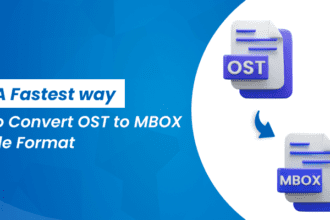
Using market making software is a common practice to increase liquidity for digital assets. Market making software helps create markets for new crypto assets and aids in the development of existing ones. Crypto market making software is also used to draw buyers to cryptocurrency trading venues. The software’s aim is to ensure that orders are executed efficiently and profitably.
Market makers are professional traders who use secret strategy logic to automate their trading. They can earn through the spread between the ask and bid prices on a specific asset. Market makers also actively make purchases to lower the spread and keep the market liquid.
Market makers provide liquidity and help exchanges maintain competitiveness. They also generate better investor interest in low-trading markets. Market makers help create and sustain an order book that shows standing orders on different markets. Market makers can be hired by individual crypto projects or by exchanges. They can also be used by hedge funds. In the case of exchanges, market makers can ensure liquidity for new tokens. Market makers can also help maintain order books that are healthy and balanced. They can also use custom market making strategies in sync with advanced market making software.
Market making agreements may promise that the price will rise. This promise may not always be a reality. Market makers take short-term risks to generate profits. They make a number of trades in both directions to compensate for their risk. They also maintain their orders for a specific period of time. This allows them to make more money. However, they also risk losing money on digital assets. Market makers are paid for the effort they put into the trading process.
Market makers use algorithms and bots that run on centralized exchanges. They also have access to monitoring tools and online analytics. These tools help them adapt to market strategy changes. Market makers should have access to an efficient bot that is programmable, has customizable API endpoints, and has the ability to maintain liquidity. It should also have hotlinks to some of the leading exchanges in the market.
Market makers use proprietary software to achieve their bid-ask spread goals. They also have the ability to set and monitor stop loss and take profit levels. This helps them maintain a consistent spread, which increases their profit margins. Market makers should also have a user-friendly interface and back testing capabilities. They should also have risk management modules, as well as other safety features.
Market making bots have been used by traditional markets for decades. They are programmable, customizable, and run online 24 hours a day. They also have a modular design that allows them to be customized. In addition to the standard API endpoints, they can also stream more liquidity on crypto currency exchanges and other liquidity sources.
Market making software is important for crypto markets, as it provides liquidity, speed, and safety. It should have a user-friendly interface, risk management modules, and back testing capabilities. It should also have a reputation, and should not be expensive.








